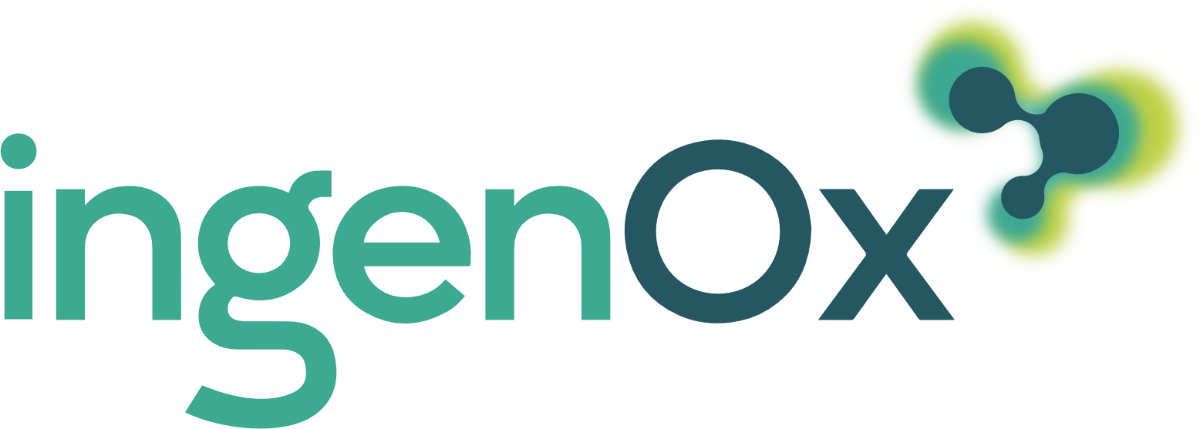Oxford, UK, 6 August 2019 – Celleron Therapeutics, the UK-based clinical stage biotech company developing personalised medicines for cancer patients, today announced that it will participate and present phase II trial data at ESMO 2019 in Spain. The Phase II clinical trial (CAROSELL) tests the immune-oncology agent nivolumab in combination with the novel epigenetic regulator CXD101, in patients suffering from advanced micro-satellite stable colorectal cancer (MSS CRC).
Professor David Kerr CBE, Co-Founder of Celleron Therapeutics and Professor of Cancer Medicine, University of Oxford commented:
“We have demonstrated that our novel HDAC inhibitor regulates the tumour microenvironment to sensitise a murine microsatellite stable colorectal tumour to PD-1 inhibition. Preliminary analysis of CAROSELL suggests that 3rd line therapy with CXD101 and Nivolumab for patients with advanced microsatellite stable colorectal cancer offers a clinically relevant disease control rate, and is well tolerated.”
NOTES:
About Celleron Therapeutics
Celleron Therapeutics is a biopharma advancing a clinical and pre-clinical pipeline of precision therapies for different cancer indications. The company is a spin-out from Oxford University and located on the Oxford Science Park, UK. Celleron Therapeutics has built a proprietary platform around epigenetic control and immune modulation, providing its drugs with a two-pronged attack on cancer. Celleron’s approach seeks to align the right drug with the right patient enabling a personalised approach to cancer therapy.
Celleron Therapeutics’ focus is on those cancers where there is still an unmet need for long-term disease control. It is hoped that not only will patients volunteering for our clinical trials benefit directly, but the results from these studies will ultimately allow the general use of more effective, safer medicines. Our goal is not only to treat cancer but improve quality of life during therapy by reduction of side effects.
Celleron has a global license partnership with Astra Zeneca and is also initiating new trials in China. The company secured investment in 2016 from a consortium of South Korean investors. For more information see
About CXD101
CXD101 is Celleron Therapeutics’ next generation epigenetic immune-regulator representing a class of drug that kills cancer cells by blocking certain vital functions involved in gene expression (histone–deacetylase [HDAC] inhibitor) and reactivates the patient’s immune system so that cancer cells can no longer evade immune recognition.
The European Medicines Agency (EMA) has previously granted CXD101 Orphan Drug Designation as single agent therapy, based upon early-phase trial efficacy seen in relapsed or refractory Peripheral T-Cell Lymphoma (PTCL) patients. A PTCL Phase II trial is scheduled to start late 2019 in China.
Celleron Therapeutics are also exclusively financing an investigator-led Phase Ib/II clinical trial in diffuse large B-cell lymphoma (DLBCL) patients who have failed on chemotherapy, called the PLACARD Study. Study subjects would receive and CXD101 and an undisclosed immune-oncology drug together. The immune-oncology drug will be provided to the Investigator by a large undisclosed pharma manufacturer.
About Colorectal Cancer
Colorectal cancer is the second most common tumour type in women, and the third most common in men, globally. The approximate 5-year survival rate for colorectal cancer patients in the United States (all stages included) is 65%. Survival is inversely related to stage: approximate 5-year survival rates are 95% for patients with stage I disease, 60% for those with Stage III disease, and 10% for those with Stage IV (metastatic) disease.
Surgery is indicated for localized disease, whilst chemotherapy has been the standard management for patients with metastatic colorectal cancer. Two agents have been approved for third line management of advanced colorectal cancer, namely regorafenib and Trifluridine-tipiracil hydrochloride (Lonsurf).
A subset (5%) of colorectal cancers is characterized with deficient DNA mismatch repair (dMMR or microsatellite instability, MSI). These tumours tend to have a high expression of checkpoint proteins (PD-1 and PD-L1), which interfere with the body’s normal anti-tumour T-cell response. By disabling these proteins, checkpoint inhibitors such as nivolumab allow the immune system to function properly, and T-cells to kill tumour cells.
However, for the greater majority of patients with a normal Mismatch Repair proficient expression, the microsatellite phenotype is stable (MSS), antigen presentation is believed to be much decreased, and the tumour is thus resistant to checkpoint inhibition. Most MSS patients will ultimately relapse or become resistant to chemotherapy. Thus there remains a very significant unmet clinical need to find novel agents, singly and/or in combination, for the treatment of these late-stage patients
Download the Press Release here:
